Capsule Endoscopes
Small Bowel
Esophageal
Colon
Systems
OGIB (Obscure GI Tract Bleeding)
Crohn’s Disease
Small Intestine Tumor
Others
Hospitals
Ambulatory Surgery Centers
Others
North America Capsule Endoscopy Market by ProductCapsule Endoscopes
Small Bowel
Esophageal
Colon
Systems
North America Capsule Endoscopy Market by ApplicationOGIB (Obscure GI Tract Bleeding)
Crohn’s Disease
Small Intestine Tumor
Others
North America Capsule Endoscopy Market by End-UserHospitals
Ambulatory Surgery Centers
Others
US Capsule Endoscopy Market by ProductCapsule Endoscopes
Small Bowel
Esophageal
Colon
Systems
US Capsule Endoscopy Market by ApplicationOGIB (Obscure GI Tract Bleeding)
Crohn’s Disease
Small Intestine Tumor
Others
US Capsule Endoscopy Market by End-UserHospitals
Ambulatory Surgery Centers
Others
CANADA Capsule Endoscopy Market by ProductCapsule Endoscopes
Small Bowel
Esophageal
Colon
Systems
CANADA Capsule Endoscopy Market by ApplicationOGIB (Obscure GI Tract Bleeding)
Crohn’s Disease
Small Intestine Tumor
Others
CANADA Capsule Endoscopy Market by End-UserHospitals
Ambulatory Surgery Centers
Others
Europe Capsule Endoscopy Market by ProductCapsule Endoscopes
Small Bowel
Esophageal
Colon
Systems
Europe Capsule Endoscopy Market by ApplicationOGIB (Obscure GI Tract Bleeding)
Crohn’s Disease
Small Intestine Tumor
Others
Europe Capsule Endoscopy Market by End-UserHospitals
Ambulatory Surgery Centers
Others
Germany Outlook (USD Billion, 2018-2032)
Germany Capsule Endoscopy Market by ProductCapsule Endoscopes
Small Bowel
Esophageal
Colon
Systems
Germany Capsule Endoscopy Market by ApplicationOGIB (Obscure GI Tract Bleeding)
Crohn’s Disease
Small Intestine Tumor
Others
Germany Capsule Endoscopy Market by End-UserHospitals
Ambulatory Surgery Centers
Others
France Capsule Endoscopy Market by ProductCapsule Endoscopes
Small Bowel
Esophageal
Colon
Systems
France Capsule Endoscopy Market by ApplicationOGIB (Obscure GI Tract Bleeding)
Crohn’s Disease
Small Intestine Tumor
Others
France Capsule Endoscopy Market by End-UserHospitals
Ambulatory Surgery Centers
Others
UK Capsule Endoscopy Market by ProductCapsule Endoscopes
Small Bowel
Esophageal
Colon
Systems
UK Capsule Endoscopy Market by ApplicationOGIB (Obscure GI Tract Bleeding)
Crohn’s Disease
Small Intestine Tumor
Others
UK Capsule Endoscopy Market by End-UserHospitals
Ambulatory Surgery Centers
Others
ITALY Capsule Endoscopy Market by ProductCapsule Endoscopes
Small Bowel
Esophageal
Colon
Systems
ITALY Capsule Endoscopy Market by ApplicationOGIB (Obscure GI Tract Bleeding)
Crohn’s Disease
Small Intestine Tumor
Others
ITALY Capsule Endoscopy Market by End-UserHospitals
Ambulatory Surgery Centers
Others
Spain Capsule Endoscopy Market by ProductCapsule Endoscopes
Small Bowel
Esophageal
Colon
Systems
Spain Capsule Endoscopy Market by ApplicationOGIB (Obscure GI Tract Bleeding)
Crohn’s Disease
Small Intestine Tumor
Others
Spain Capsule Endoscopy Market by End-UserHospitals
Ambulatory Surgery Centers
Others
Rest Of Europe Capsule Endoscopy Market by ProductCapsule Endoscopes
Small Bowel
Esophageal
Colon
Systems
REST OF EUROPE Capsule Endoscopy Market by ApplicationOGIB (Obscure GI Tract Bleeding)
Crohn’s Disease
Small Intestine Tumor
Others
REST OF EUROPE Capsule Endoscopy Market by End-UserHospitals
Ambulatory Surgery Centers
Others
Asia-Pacific Capsule Endoscopy Market by ProductCapsule Endoscopes
Small Bowel
Esophageal
Colon
Systems
Asia-Pacific Capsule Endoscopy Market by ApplicationOGIB (Obscure GI Tract Bleeding)
Crohn’s Disease
Small Intestine Tumor
Others
Asia-Pacific Capsule Endoscopy Market by End-UserHospitals
Ambulatory Surgery Centers
Others
China Capsule Endoscopy Market by ProductCapsule Endoscopes
Small Bowel
Esophageal
Colon
Systems
China Capsule Endoscopy Market by ApplicationOGIB (Obscure GI Tract Bleeding)
Crohn’s Disease
Small Intestine Tumor
Others
China Capsule Endoscopy Market by End-UserHospitals
Ambulatory Surgery Centers
Others
Japan Capsule Endoscopy Market by ProductCapsule Endoscopes
Small Bowel
Esophageal
Colon
Systems
Japan Capsule Endoscopy Market by ApplicationOGIB (Obscure GI Tract Bleeding)
Crohn’s Disease
Small Intestine Tumor
Others
Japan Capsule Endoscopy Market by End-UserHospitals
Ambulatory Surgery Centers
Others
India Capsule Endoscopy Market by ProductCapsule Endoscopes
Small Bowel
Esophageal
Colon
Systems
India Capsule Endoscopy Market by ApplicationOGIB (Obscure GI Tract Bleeding)
Crohn’s Disease
Small Intestine Tumor
Others
India Capsule Endoscopy Market by End-UserHospitals
Ambulatory Surgery Centers
Others
Australia Capsule Endoscopy Market by ProductCapsule Endoscopes
Small Bowel
Esophageal
Colon
Systems
Australia Capsule Endoscopy Market by ApplicationOGIB (Obscure GI Tract Bleeding)
Crohn’s Disease
Small Intestine Tumor
Others
Australia Capsule Endoscopy Market by End-UserHospitals
Ambulatory Surgery Centers
Others
Rest of Asia-Pacific Capsule Endoscopy Market by ProductCapsule Endoscopes
Small Bowel
Esophageal
Colon
Systems
Rest of Asia-Pacific Capsule Endoscopy Market by ApplicationOGIB (Obscure GI Tract Bleeding)
Crohn’s Disease
Small Intestine Tumor
Others
Rest of Asia-Pacific Capsule Endoscopy Market by End-UserHospitals
Ambulatory Surgery Centers
Others
Rest of the World Capsule Endoscopy Market by ProductCapsule Endoscopes
Small Bowel
Esophageal
Colon
Systems
Rest of the World Capsule Endoscopy Market by ApplicationOGIB (Obscure GI Tract Bleeding)
Crohn’s Disease
Small Intestine Tumor
Others
Rest of the World Capsule Endoscopy Market by End-UserHospitals
Ambulatory Surgery Centers
Others
Middle East Capsule Endoscopy Market by ProductCapsule Endoscopes
Small Bowel
Esophageal
Colon
Systems
Middle East Capsule Endoscopy Market by ApplicationOGIB (Obscure GI Tract Bleeding)
Crohn’s Disease
Small Intestine Tumor
Others
Middle East Capsule Endoscopy Market by End-UserHospitals
Ambulatory Surgery Centers
Others
Africa Capsule Endoscopy Market by ProductCapsule Endoscopes
Small Bowel
Esophageal
Colon
Systems
Africa Capsule Endoscopy Market by ApplicationOGIB (Obscure GI Tract Bleeding)
Crohn’s Disease
Small Intestine Tumor
Others
Africa Capsule Endoscopy Market by End-UserHospitals
Ambulatory Surgery Centers
Others
Latin America Capsule Endoscopy Market by ProductCapsule Endoscopes
Small Bowel
Esophageal
Colon
Systems
Latin America Capsule Endoscopy Market by ApplicationOGIB (Obscure GI Tract Bleeding)
Crohn’s Disease
Small Intestine Tumor
Others
Latin America Capsule Endoscopy Market by End-UserHospitals
Ambulatory Surgery Centers
Others
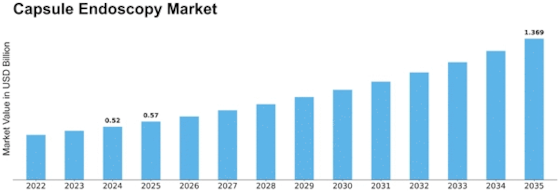


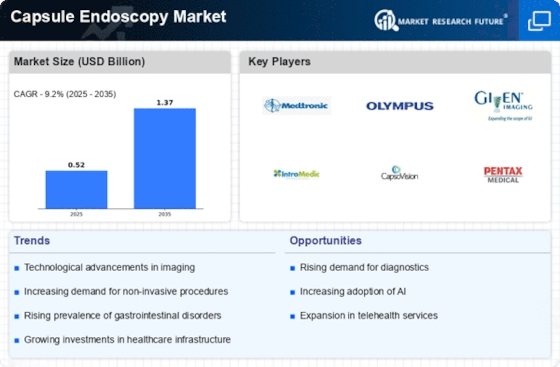
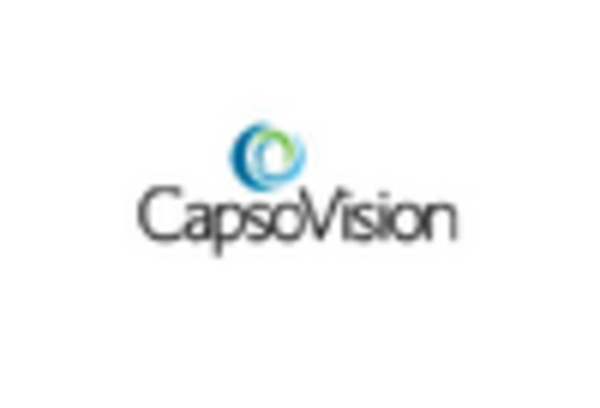
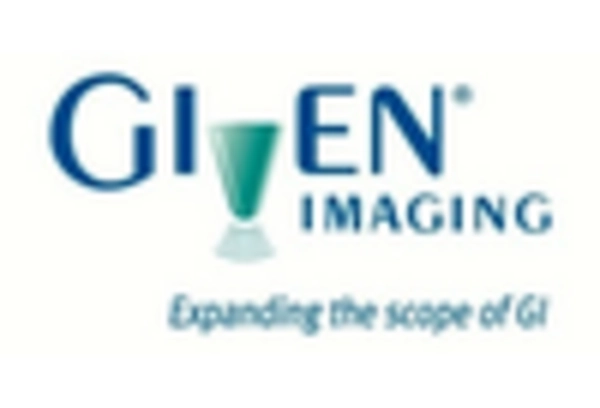
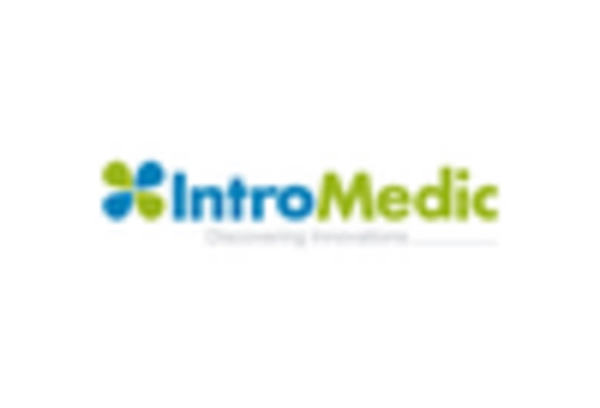

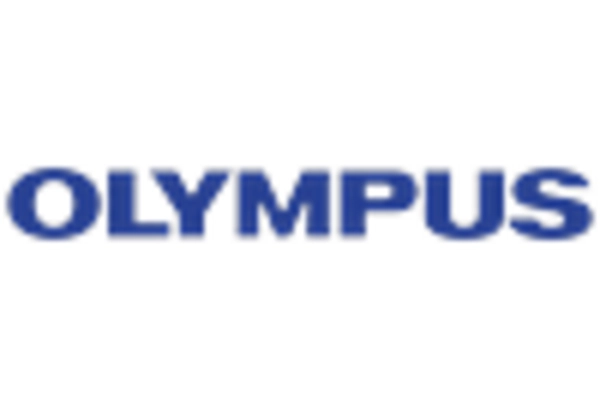
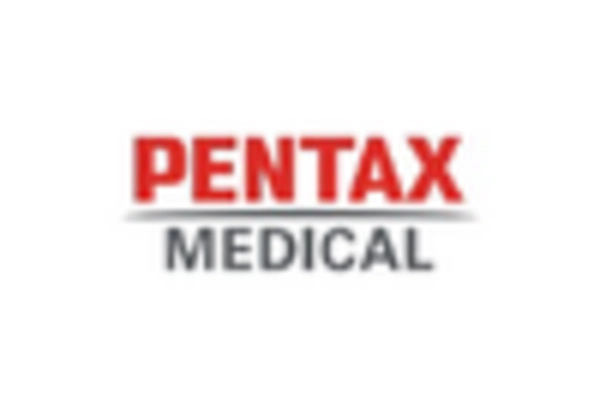









Leave a Comment